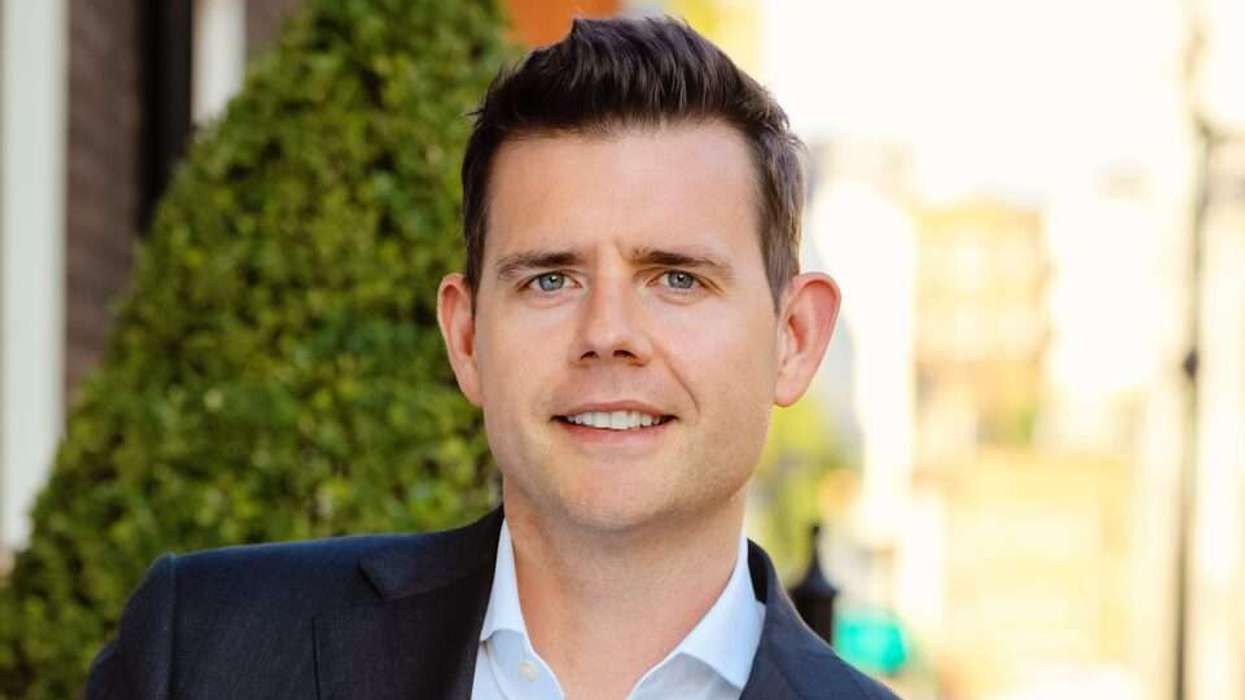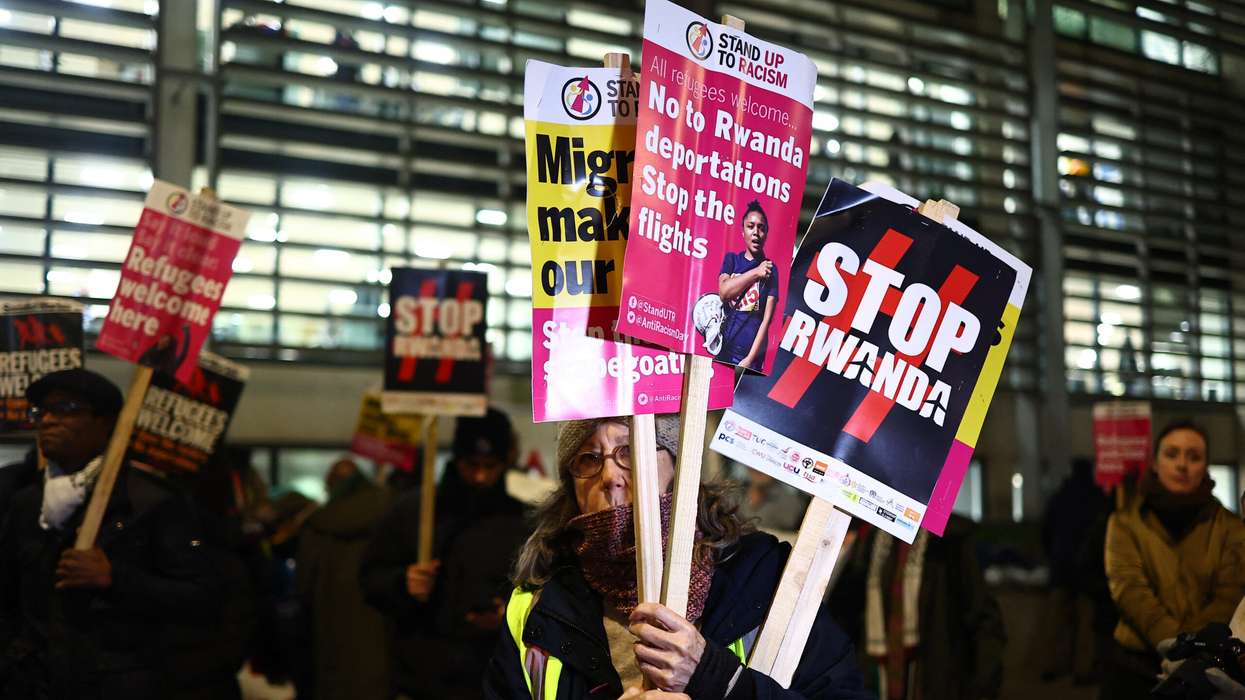There is an 80 per cent chance that the world will experience its hottest year on record within the next five years, according to a new report by the World Meteorological Organisation (WMO). The findings underline the increasing likelihood of more severe droughts, floods and wildfires as global temperatures continue to rise.
The WMO's latest Global Annual to Decadal Climate Update shows that the Earth’s climate is warming at an accelerated pace. For the first time, the data suggests there is even a small chance – around 1 per cent – that the global average temperature could temporarily exceed 2°C above preindustrial levels before 2030. Scientists described this possibility as “shocking”, given that it had previously been considered impossible within such a short timeframe.
The report, which combines short-term meteorological data with long-term climate model projections, estimates a 70 per cent likelihood that the five-year average global temperature between 2025 and 2029 will exceed 1.5°C above preindustrial levels. That threshold is a key target of the 2015 Paris Agreement, which aims to limit long-term global warming to well below 2°C, ideally keeping it under 1.5°C.
An 86 per cent probability was also reported that the 1.5°C mark will be surpassed in at least one year between now and 2029, a sharp rise from the 40 per cent likelihood outlined in the 2020 update. Notably, 2024 has already breached this threshold on an annual basis for the first time – an outcome previously thought highly unlikely before 2014. The year 2023 remains the hottest ever recorded since observations began 175 years ago.
The increasing frequency of record-breaking temperatures reflects the growing influence of climate change, exacerbated by ongoing greenhouse gas emissions from burning fossil fuels. The WMO report draws on data from 220 climate model simulations contributed by 15 global research institutions, including the UK Met Office, Barcelona Supercomputing Centre, the Canadian Centre for Climate Modelling and Analysis, and Deutscher Wetterdienst in Germany.
Although the chances of hitting 2°C within the next five years remain low, scientists warn that the probability is rising as the planet warms. According to Dr Adam Scaife of the Met Office, “It is shocking that 2°C is plausible. It has come out as only 1 per cent in the next five years, but the probability will increase as the climate warms.”
Regional impacts are also expected to vary significantly. Arctic winters are projected to warm 3.5 times faster than the global average, largely due to declining sea ice, which reduces the Earth’s ability to reflect sunlight. Meanwhile, the Amazon rainforest faces increased risk of drought, and rainfall is expected to intensify across South Asia, the Sahel and northern Europe, including the UK.
Leon Hermanson of the Met Office, who led the production of the update, said that 2025 is likely to be one of the three hottest years ever recorded. He highlighted that the rising temperatures carry significant risks for ecosystems, economies and human health.
Chris Hewitt, director of climate services at the WMO, described the findings as painting a “worrying picture” for global heatwaves and health outcomes. However, he emphasised that immediate action could still make a difference. “We must take climate action,” he said. “1.5°C is not inevitable.”
The WMO continues to urge governments and industries to cut emissions and accelerate the transition to renewable energy in order to limit further warming and avoid the most severe consequences of climate change.





